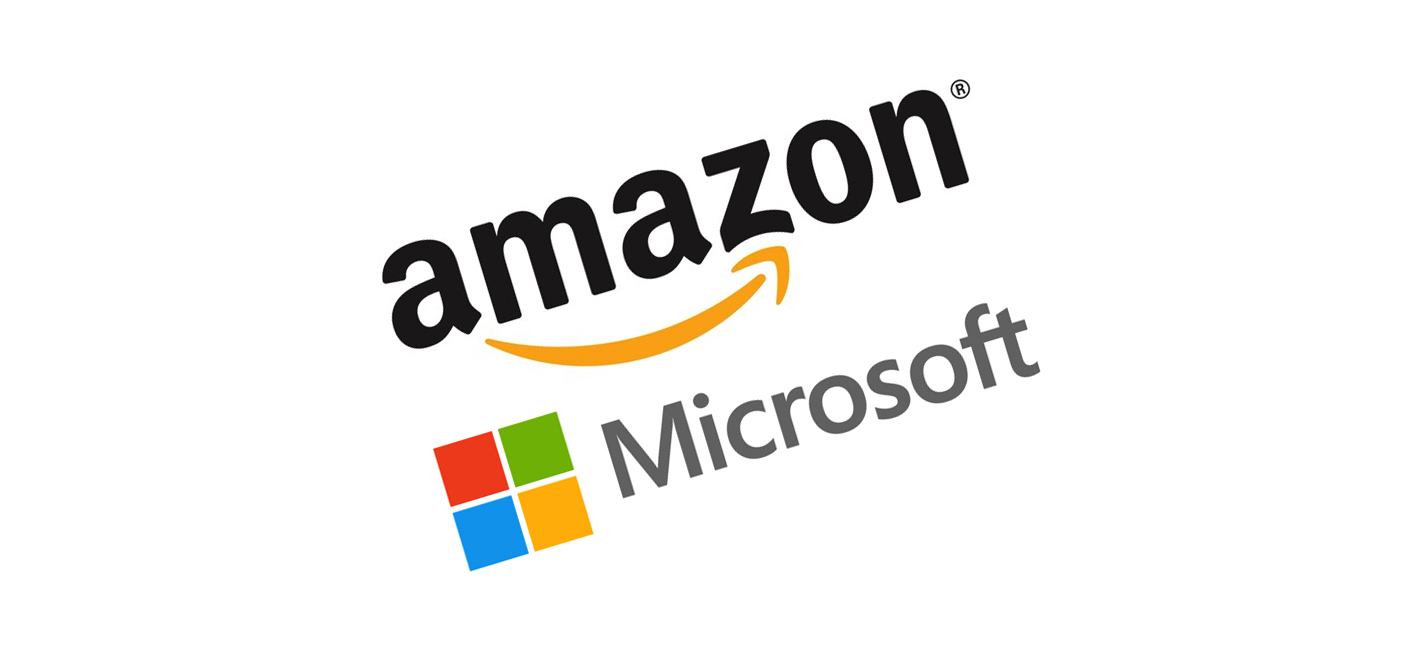Amazon is becoming the new Microsoft

My last column was about the recent tipping point signifying that cloud computing is guaranteed to replace personal computing over the next three years. This column is about the slugfest to determine what company’s public cloud is most likely to prevail. I reckon it is Amazon’s and I’ll go further to claim that Amazon will shortly be the new Microsoft.
What I mean by The New Microsoft is that Amazon is starting to act a lot like the old Microsoft of the 1990s. You remember -- the Bad Microsoft.
Microsoft in the Bill Gates era was truly full of itself, pushing competitors around, crushing enemies and occasionally breaking the law as a bevy of anti-trust settlements show. Microsoft was the second most valuable company on Earth after ExxonMobil and seemed to feel it could get away with anything. When I wrote something that displeased Microsoft, I'd be summoned to Redmond for reeducation. Fortunately I didn’t give a shit -- then or now -- making me completely resistant to the technique.
Today in the public cloud space Amazon is behaving much like Microsoft did in the 90s. It is hugely dominant with more than 70 percent of the cloud market and growing. According to Gartner Amazon Web Services (AWS) will soon have 80 percent of the public cloud market.
Understand there are only three players in the public cloud that matter at all -- Amazon, Google and Microsoft. Forget about companies like IBM and Oracle because their market share is meaningless. Larry Ellison can talk about having lower cloud prices, but if he cannot support at least a million virtual seats (he can’t) his pricing doesn’t matter.
All three of the big public cloud companies are growing fast but Amazon is growing faster. This year AWS will spend $10 billion expanding. Microsoft and Google are spending billions, too, but not that many billions. Amazon may always be bigger.
And Amazon may always be faster, too. Part of the reason AWS is gaining market share is because Microsoft’s Azure doesn’t boot virtual machines quite as fast. Specifically it can take over a minute for storage to come on-line and in the public cloud world a minute to access your Dropbox is 40 seconds too long.
This too shall pass, but Microsoft will still be smaller. That’s why Redmond has staked out the Enterprise cloud market -- alas, the segment most sensitive to such slow boot times.
But what about Google? It is definitely in the hunt and competitive in terms of performance, which is why Salesforce -- which sees itself as eventually becoming part of Microsoft -- instead chose to balance AWS recently by allying also with Google. But beyond this one deal it is hard to see Google making cloud inroads. The problem is that Google’s biggest cloud customer by far is, well, Google itself, and that customer is so demanding that the commercial cloud division hasn’t been able to get its act together. This can change but I’ll guarantee that Google as a cloud customer won’t become any less demanding, so it may not change at all.
AWS supports most startups as well as all 17 US intelligence agencies -- taking 350,000 PCs out of places like the CIA, Thank Edward Snowden for that one. It is enjoying great success, though AWS partners aren’t enjoying themselves quite as much. Put simply, AWS is a pain to deal with if you are a customer big enough to be in personal communication and not just a credit card number. This, too, is like the old Microsoft.
Tech companies behave this way because most employees are young and haven’t worked anywhere else and because the behavior reflects the character of the founder. If the boss tells you to beat up customers and partners and it’s your first job out of college, then you beat up customers and partners because that’s the only world you know.
At Microsoft this approach was driven by Bill Gates’s belief that dominance could be lost in a single product cycle leaving no room for playing nice. At Amazon, Jeff Bezos is a believer in moving fast, making quick decisions and never looking back. The market has long rewarded this audacity so Amazon will continue to play hard until -- like Microsoft in the 90s -- it is punished for it.
With such dominant market share in at least two industries (cloud and retailing) and big ambitions for at least two more (video entertainment and shipping) Amazon is making itself a very large target. And now that it is conducting experiments in predatory cloud pricing with conspicuous loss leaders in sectors where competition is real, one would think that would get the attention of the Federal Trade Commission and Department of Justice.
Some might think, though, that the laissez faire Trump Administration will look the other way, but I wouldn’t bet on that as long as Jeff Bezos owns the Washington Post.
Sorry for again having taken too long to return to work. Or in this case the better term might be to recover. Eye surgery on November 2nd did not go well so I am still blind. In fact blinder than ever. We’ll try again on November 27th after I’m fully recovered from a drug side effect that nearly killed me. But I’m not dead yet!
